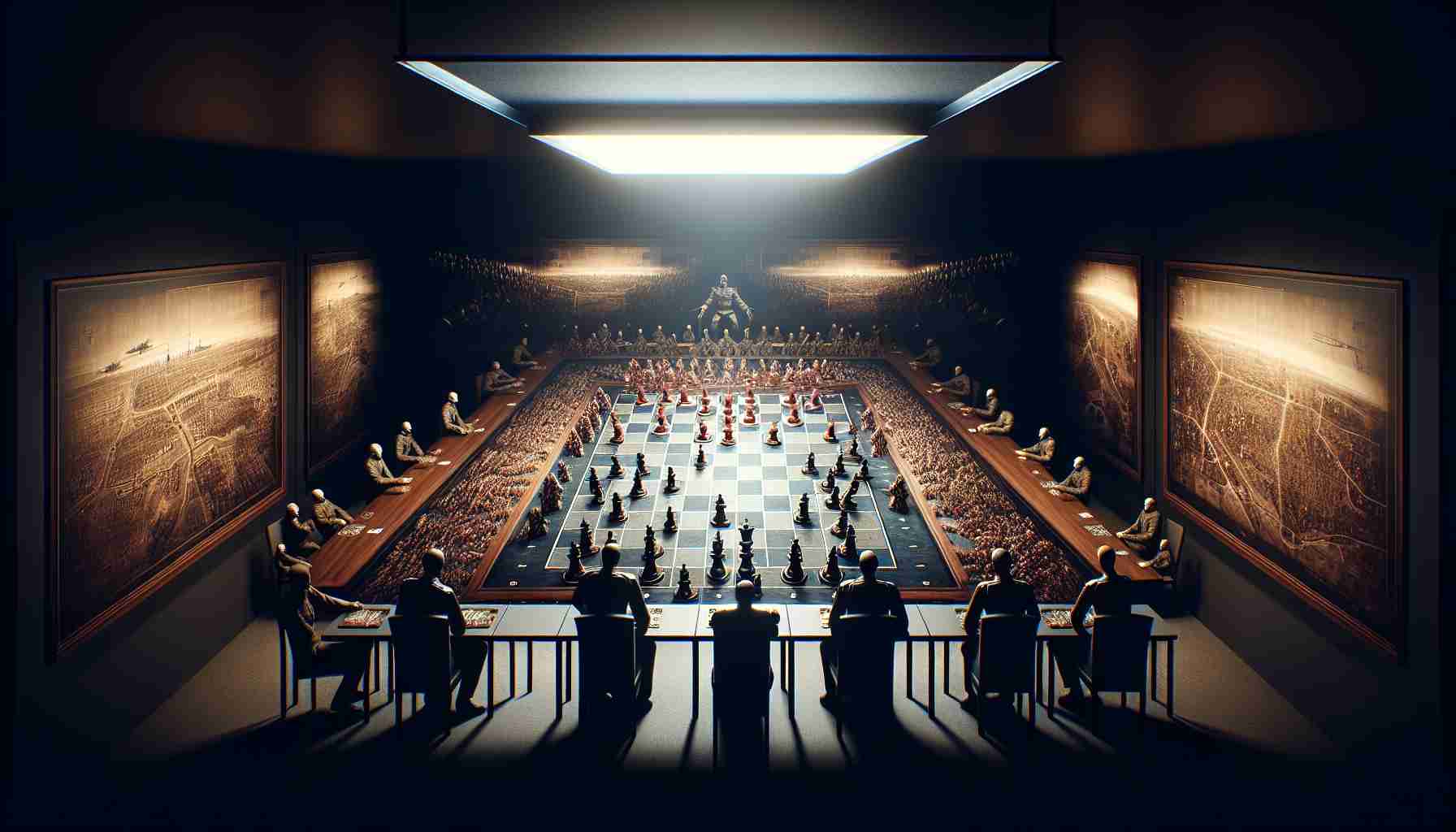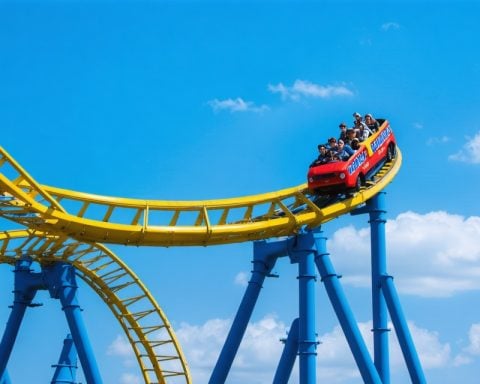In a thrilling display of skill and endurance during the ESL Pro League Season 20, a remarkable new record was established in Counter-Strike 2. This epic confrontation unfolded between the renowned teams Fnatic and M80, showcasing an unprecedented game that lasted a staggering 71 rounds.
The intense competition occurred on the Anubis map, which was strategically chosen by M80. The opening half revealed an evenly matched struggle, culminating in a 6-6 stalemate. After the sides switched, M80 initially struggled to capitalize on their advantageous position, resulting in a series of overtime rounds. The battle carried on, with both teams refusing to yield, ultimately concluding with M80 triumphing at 37-34.
Noteworthy was the second map, which also extended into overtime. Fnatic initially surged ahead with a commanding 11-5 lead, but M80 showcased their resilience by regrouping and forcing the game into overtime, where they secured another victory.
This match has eclipsed the previous record in CS2, which stood at 60 rounds with a score of 31-29 between PARIVISION and Aurora Gaming.
The ESL Pro League Season 20 features a prize pool of $750,000, attracting thirty-two top-tier teams. Fans can anticipate more exciting matches as the competition continues at the InterContinental in St. Julian’s, Malta, where each team vies for a prestigious invitation to IEM Katowice 2025.
Counter-Strike 2 (CS2) has seen a significant increase in both player engagement and viewership since its release, making matches like the historic showdown even more pivotal in the landscape of esports. The competitive format and high-stakes tournaments have garnered a worldwide audience, further elevating the status of professional teams and players.
One key question surrounding such long matches is the impact of endurance on player performance. Long durations can lead to fatigue, affecting decision-making and strategy execution. Teams often have to manage not only their in-game tactics but also their players’ physical and mental stamina.
Another important question is how changes in game mechanics and map designs impact match length. CS2 introduces new dynamics in gameplay that can lead to higher scoring games and increased durations. For instance, with an approaching trend of balanced team compositions, it becomes more challenging for one side to dominate, often prolonging matches.
Key challenges associated with long matches include player health and safety. Prolonged periods of intense concentration can lead to physical issues such as eye strain and repetitive strain injuries, prompting discussions on better practices for esports organizations to support player welfare.
While longer matches can be thrilling for fans, they also pose drawbacks. The potential for viewer fatigue increases as matches stretch on, which could impact audience engagement. Additionally, scheduling becomes more complex, requiring tournament organizers to consider start times and duration forecasts.
From a strategic standpoint, teams benefit from the experience gained in long matches. They enhance their adaptability and resilience in high-pressure scenarios, which could serve them well in future matches. However, there’s the risk of burnout, impacting players’ performances in subsequent games.
For further insights on esports and Counter-Strike tournaments, you might find these links helpful: HLTV, ESL Gaming, Counter-Strike Official.



















